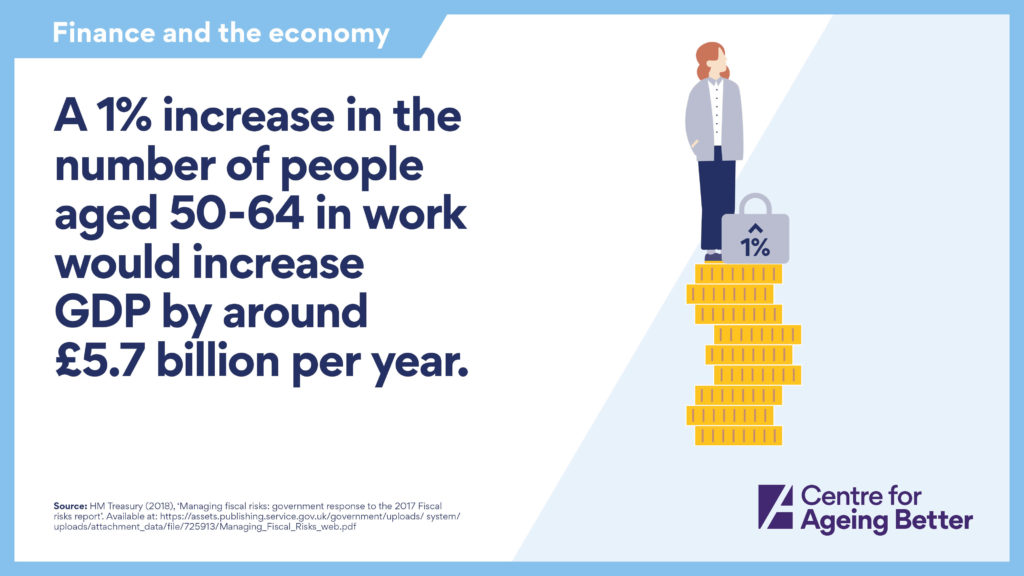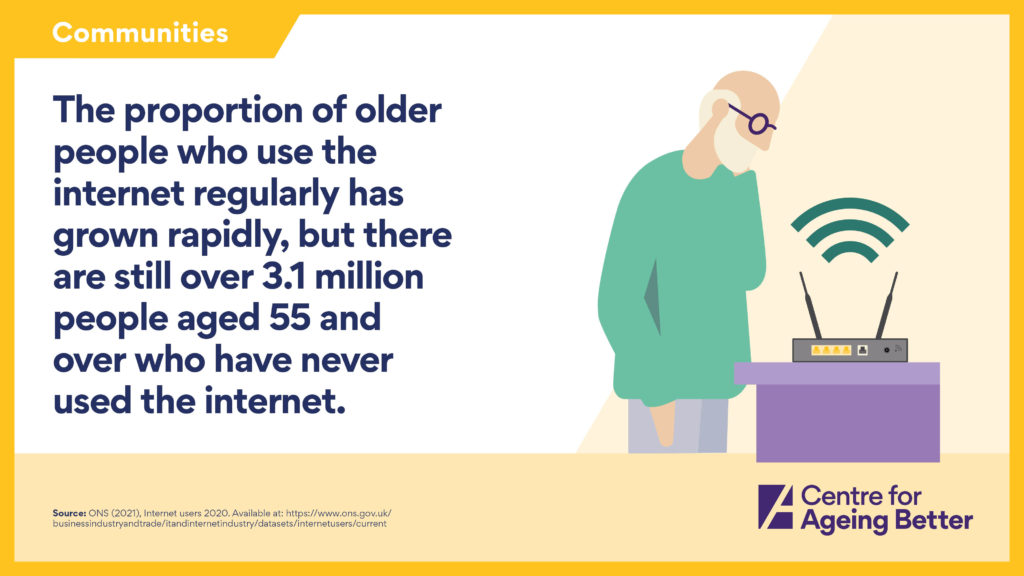
With worldwide fall in fertility rates and significant rises in life expectancy, the age of the world’s population is rising. It is estimated by the World Health Organisation, WHO, that by 2030 1 in 6 people in the world, almost 17%, will be aged 60 years or over1. In 2024 Europe’s population aged over 65 years, will outnumber those who are under the age of 15 years. By 2050 it is estimated that the proportion of the world’s population over 60 years will nearly double to 22% and there is expected to be 426 million aged 80 years or over by 2050, which is triple the 2020 numbers1. This ageing population brings many challenges to governments, including pressure on public finances, social care and health services. In the UK it has been reported that the prime minister has been drawing up plans to use a ‘revamped mid-life MOT scheme’ to encourage retired people and back into work2.

As we get older our organs and tissues change, and signals from the brain take longer to process and travel around the body. The structure of our cells and the function of molecules, which are influenced by age, our environment and way of life, change over time a resulting in a higher risk of disease and death. Many conditions become common in the elderly such as deafness, loss of sight, joint pain, depression and dementia.
So, as people live longer one of the many challenges they face is how to remain both physically and mentally healthy so that they can enjoy the opportunities available to them. Many over 65 years would like to stay in the workforce and many more employers now benefit from the knowledge and experience of the older worker. However most job roles require that the individual maintains cognitive ability, the skills involved in performing the tasks associated with perception, learning, memory, understanding, awareness, reasoning, judgment, intuition, and language4, something often lost with age.
Neuroscience research has shown that brain ageing may be reversible by restructuring the brain maps through learning experiences3. In the research ‘The aging mind: neuroplasticity in response to cognitive training’ it suggests that there are specific experiences and behaviors that provide protection from age-related decline, for example education, engaging work, and leading an active life style5. The WHO also stated that learning contributes to keeping elderly people active and flexible3. Many other studies suggest that people who lead intellectually stimulating lives are more likely to be free of dementia conditions such as Alzheimer’s disease.
As Harvard Health states in their article Train the Brain ‘Practicing a new and challenging activity is a good bet for building and maintaining cognitive skills. Your brain has the ability to learn and grow as you age, but for it to do so, you have to train it on a regular basis’6.
Learning something new can challenge the mind, be fun, stimulating and as we’ve heard it will help to maintain cognitive skills. One very valuable skill to learn for those who are not familiar with it, is the use of the internet and using technology for every day tasks, such as shopping and communicating with friends, family or at work.

For an affordable, easily accessible and flexible way of learning, online learning is an excellent solution. It’s available any time at any place, using a PC, laptop, tablet or smart phone.
Author: Carolyn Lewis, Head of Business Development
You may also like:
The Ageing Brain – Use it or Lose it!
What I found out about e-Learning
Barriers to eLearning Shouldn’t be Overlooked







 UK: 0844 854 9218 | International: +44 (0)1488 580017
UK: 0844 854 9218 | International: +44 (0)1488 580017








